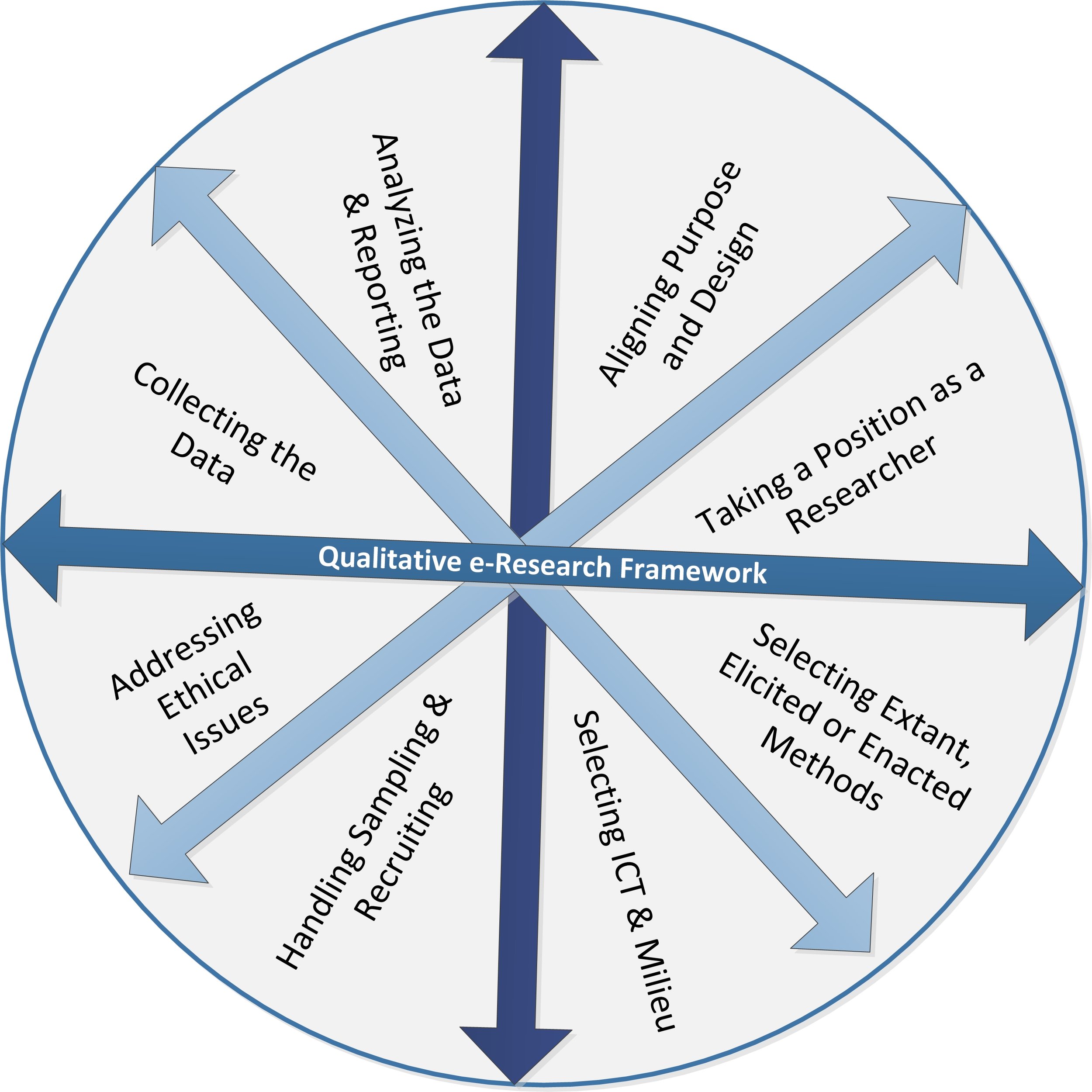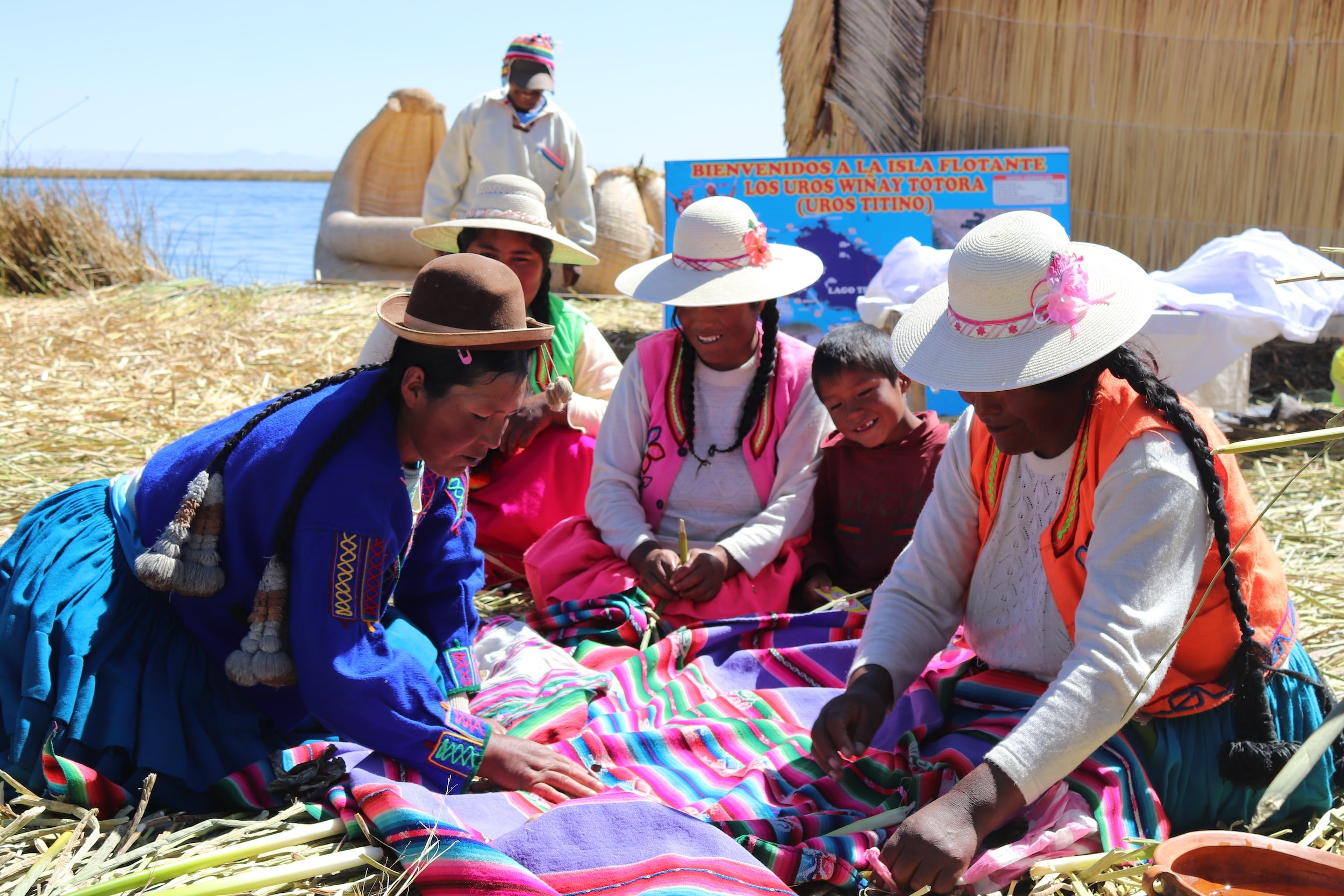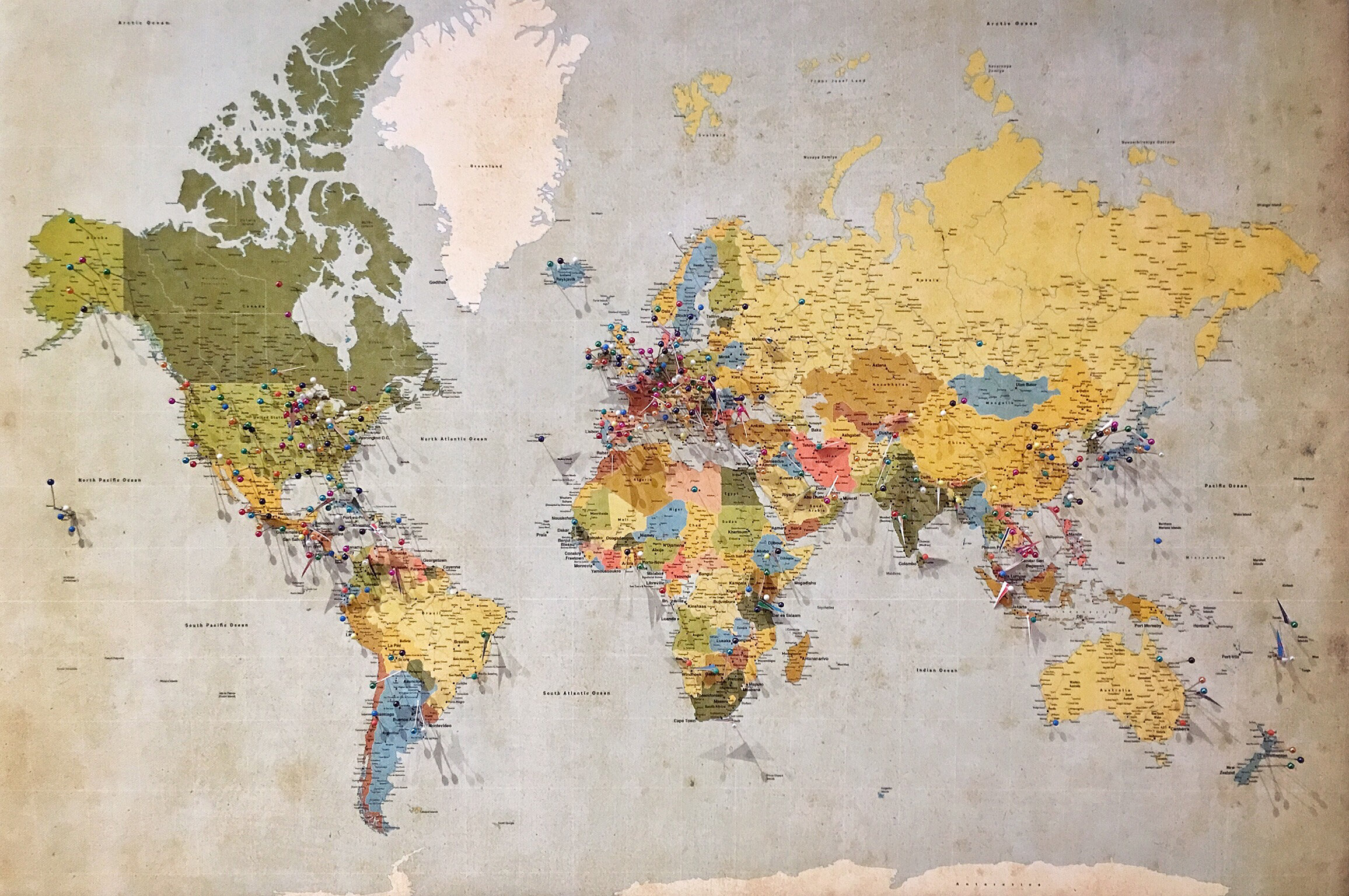What kind of researcher are YOU?
Learn about the Little Quick Fix book, What Kind of Researcher Are You? by Janet Salmons, Research Community Manager.
This short book asks us to hold up the mirror. How do we act-- whether alone in front of our computers, when working with others, or when sharing findings? Being trustworthy is important, not only for the credibility of our own research, but for the field as a whole. In a fact-challenged world, we need to show that empirical research has a unique value. If we want professionals, practitioners, and the general public to value our contributions, we need to exemplify high standards in our practices for conducting research and writing about it.
As Methodspace readers know, Salmons frequently interviews authors and researchers. This time Aly Owen, the Sage editor who invited her to write this book, interviewed Janet. Take a look!
Here is the table of contents:
Section 1: What does it mean to be a researcher who acts with integrity?
Section 2: What mindsets and thinking skills do researchers need?
Section 3: What communication skills do researchers need?
Section 4: How do I collaborate fearlessly as a co-researcher or co-author?
Section 5: Why is it important to take a position in relation to my research?
More Methodspace Posts about Research Ethics
Access new webinar on conducting research with historically marginalized communities, featuring Dr. Shotonda S. Jones (St. Bonaventure University) and Dr. Shantoyia (Toy) Jones (Xavier University of Louisiana).
The public is exposed to news stories about bad academic research behavior online. How can we counter this narrative and build credibility?
Do you think about research questions as an insider, outsider, or somewhere in between? Why is positionality important in online research?
Given the difficulties that emerged with the global Covid pandemic, the European Commission funded the PREPARED project. The aim of the project is to develop an ethics and integrity framework to guide researchers working to prevent and address large-scale crises. Find meeting reports, recordings, and related posts.
Learn about ethics and consent for online research from the perspective of an institutional review board member.
In the 2nd quarter of 2023 the Methodspace focus is on ways to collect data. Since June is Pride Month, let’s look at experiences of LGBTQ+ researchers, and methodological and ethical dilemmas.
What ethical issues face researchers who study online comments? Paul J. Reilly offers explanations and an open-access research case.
Online researchers face design challenges because they must also consider the implications of the technologies used in the study. By using an iterative, holistic approach, you can look inter-related dimensions of the design.
Images or other creative expressions generated by participants can offer rich sources of data. What are the ethical issues in such studies, and how can we navigate them? Find examples and guidance in this collection of open-access articles.
Many Methodspace researchers conduct independent research, or are in situations where they do not have access to an Institutional Review Board or other ethics review options. Working with a private agency is an option, as described in this guest post.
This post offers research examples in open-access articles about ethical, respectful, research with Indigenous people and communities.
This collection of open-access articles offers multiple perspectives on the use of Big Data and ethical protocols for computational research methods.
Sometimes we cross borders as well as cultures, other times we find very different cultures in our own neighborhoods. Ethical issues carry more weight when languages, norms, and expectations are grounded in cultural identities. This collection of open-access articles offers insights into research ethics in cross-cultural studies.
Does a signed agreement verify that someone is truly informed and willing to volunteer as a research participant? There are no simple answers to this question! This collection of open-access articles offers a variety of perspectives on the forms used for informed consent agreements.
The Methodspace focus for August 2022 is on research ethics. While following the guidelines and protocols from your institution can be challenging, the dilemmas multiply when you conduct international research. Find open access resources and articles in this post.
A discussion of ethical issues from Maria Lahman, author of the forthcoming book Culturally Responsive Qualitative Research.
Jessica Lester and Michelle O’Reilly discuss ethics in sensitive research with children and youth, and offer practical tips.
Research Ethics is a fully open-access SAGE Journal. Learn more in this post.
How can you reduce or eliminate fraudulent responses to online surveys? Jennifer Lawlor explains.
One of the topics of most concern for ethics reviewers is the inclusion of vulnerable participants. In this post find definitions and a collection of open-access articles.
Dr. Nathan Durdella offers tips for researchers who want to include individuals and groups who have been historically excluded from full participation in society.
The focus for August 2022 aimed at helping us “Be an Ethical Researcher.”
New research ideas must typically be approved before the study can begin. Don’t hit a brick wall! Use these suggestions from Dr. Nathan Durdella.
Natalia Reinoso Chávez answers questions raised in the Research Ethics in Practice webinar.
Dr. Cheryl Poth discusses basic principles and key ethical issues for researchers.



























The wealth of material available online is irresistible to social researchers who are trying to understand contemporary experiences, perspectives, and events. The ethical collection and -use of such material is anything but straightforward. Find open-access articles that explore different approaches.